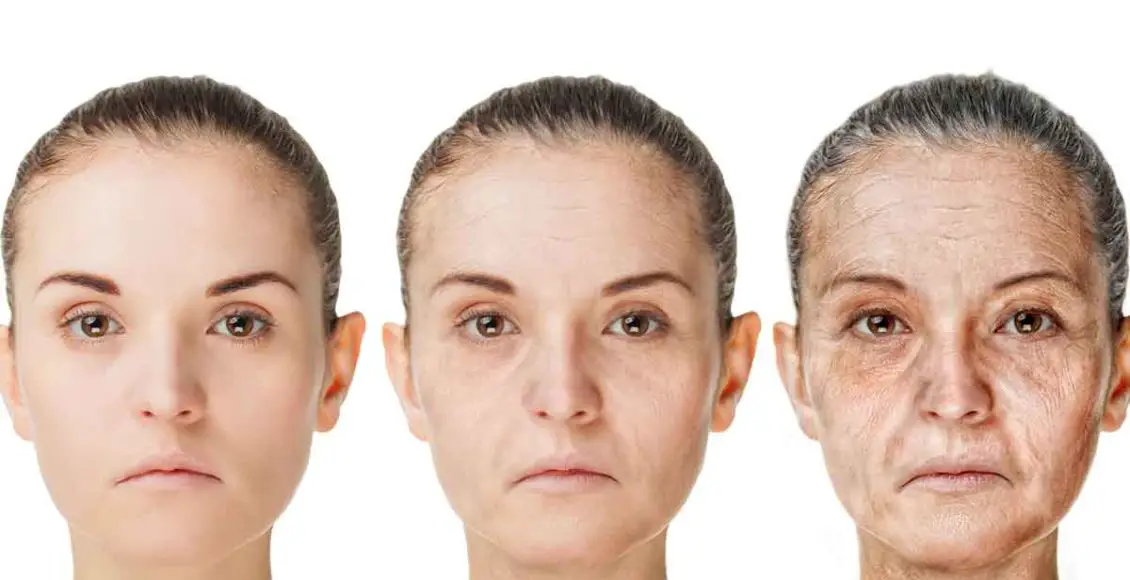When it comes to the process of aging, the human body appears to do so in three stages during our lives, according to a study done in 2019.
The key stages in question occur at 34 years, 60 years, and 78 years.
This is proof that aging is not just one long process that occurs at the same speed until the very end.
This research, which was published in Nature Medicine, can help us greatly in learning more about what our bodies are going through when aging, and how diseases that come with age, such as cardiovascular disease and Alzheimer’s could be treated more efficiently.
In addition, the research found a new way of reliably predicting people’s ages through the protein levels in their blood.
The authors of the study wrote:
“By deep mining the aging plasma proteome, we identified undulating changes during the human lifespan.”
“These changes were the result of clusters of proteins moving in distinct patterns, culminating in the emergence of three waves of aging.”
More Than 4,000 Blood Tests Suggest Our Bodies Age in 3 Distinct Shiftshttps://t.co/FLnZLrPA2n
— ScienceAlert (@ScienceAlert) April 6, 2021
They studied the blood plasma of 4263 volunteers from 18 to 95 years of age, measuring the levels of around 3000 different proteins moving through these biological systems, and acting as a snapshot of what is occurring in the body. 1379 of them were found to vary with age.
And while these levels don’t change that often, the team found that big shifts happened in the readings of a number of proteins around young adulthood (age 34), late middle age (age 60), and finally old age (age 78).
The reason for this is currently still unknown, but if the proteins can be traced back to their sources, it could help a professional to, let’s say, warn you that one of your organs is aging at a higher speed than an average person’s
In addition, it points to the link between blood and aging, which is something that has also been noticed before.
Neurologist Tony Wyss-Coray, from the Stanford Alzheimer’s Disease Research Center (ADRC) said:
“We’ve known for a long time that measuring certain proteins in the blood can give you information about a person’s health status – lipoproteins for cardiovascular health, for example.”
“But it hasn’t been appreciated that so many different proteins’ levels – roughly a third of all the ones we looked at – change markedly with advancing age.”
"Undulating changes in human plasma proteome profiles across the lifespan" @NatureMedicine https://t.co/LGlSDJGVT0
Really like how these 'indulating' proteome trajectories are presented here 👇 pic.twitter.com/pacoT0Wkp2
— Mike Inouye (@minouye271) December 6, 2019
The team managed to come up with a system in which the mix of 373 selected proteins in the blood could be utilized to accurately predict a person’s age, within about three years.
And when the system failed by predicting an age that was too young, the person was usually quite healthy for their age.
The research also found (or reconfirmed) that men and women age in different ways. Of the 1379 proteins that were found to change with age, 895 were much more predictive for one sex compared with the other.
The researchers are hoping that one day science can lead the way to develop a blood test that could help measure just how well a person is aging, at least the cellular level.
Hopefully, in the near future, we’ll also be able to slow down the process of aging in significant ways. And that could entail knowing what to consume to be able to extend your life by a few years, as well as developing treatments to eliminate some of the worst diseases that come with age.
“Ideally, you’d want to know how virtually anything you took or did affects your physiological age,” Wyss-Coray said.
Good luck scientists! The future of humanity depends on you.
What are your thoughts on this story? Let us know by joining the conversation in the comments and please share this article if you’ve found it of value.


